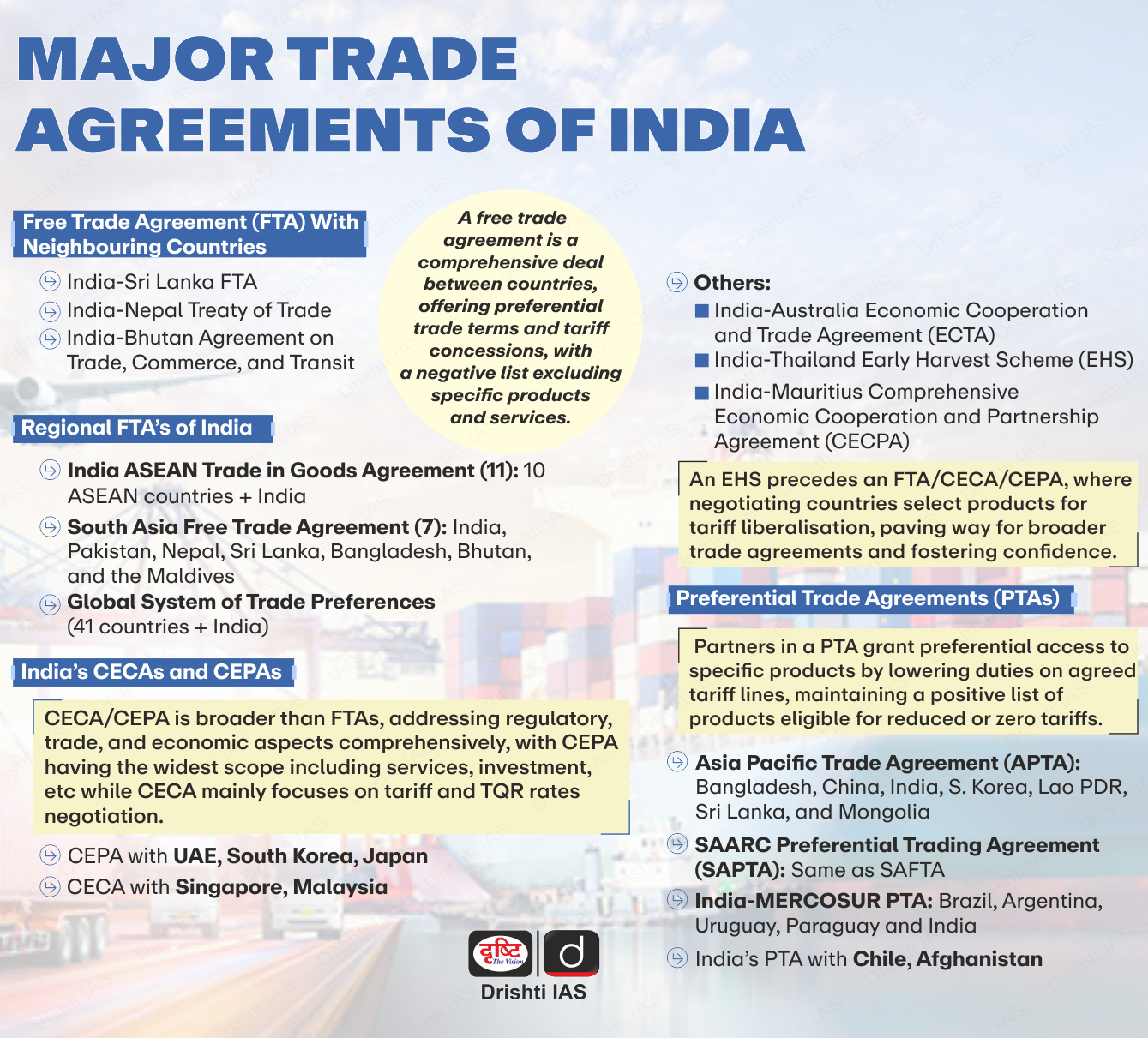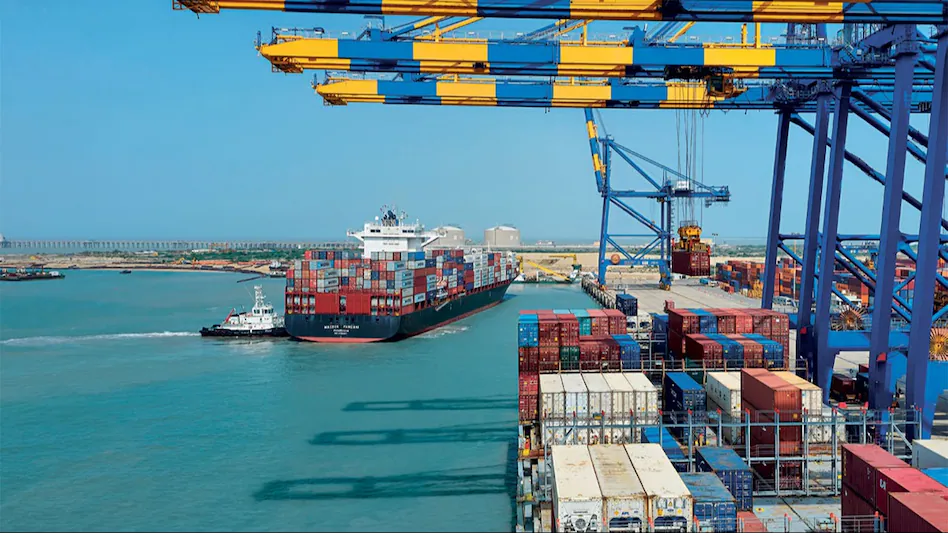India and the European Union (EU) have long been engaged in negotiations aimed at deepening their economic ties, but significant divergences persist on key issues, even as the European Free Trade Association (EFTA) deal with India goes through. While the EFTA agreement represents a step forward in India’s trade relations with Europe, it also underscores the complexities and challenges that continue to hinder a comprehensive India-EU trade deal.
The EFTA deal, comprising Switzerland, Norway, Iceland, and Liechtenstein, serves as a testament to India’s commitment to expanding its trade partnerships beyond traditional markets. By forging closer economic ties with EFTA countries, India aims to enhance market access for its goods and services, stimulate investment flows, and foster technological cooperation. Moreover, the EFTA agreement provides India with an opportunity to diversify its trade portfolio and reduce dependence on any single trading bloc, thereby enhancing its resilience to global economic shocks.

Source: Drishti IAS
However, while the EFTA deal signals progress, it also highlights the persistent discord between India and the EU on crucial issues such as tariffs, investment protection, and intellectual property rights. Tariff barriers, in particular, have been a sticking point in the negotiations, with India seeking greater access to the EU’s market for its agricultural products and textiles, while the EU pushes for lower tariffs on automobiles and wines and spirits.
SOURCE:- NEWS 18
Moreover, differences in regulatory standards and non-tariff barriers continue to pose challenges to deeper economic integration between India and the EU. Harmonizing divergent regulatory frameworks, especially in sectors like pharmaceuticals and food safety, remains a formidable task, requiring sustained dialogue and cooperation.
Investment protection is another contentious issue, with India advocating for safeguards to protect its investors in the EU, while the EU insists on robust dispute resolution mechanisms and guarantees for intellectual property rights. Bridging these divergent positions will require both parties to demonstrate flexibility and pragmatism in their negotiations.
Furthermore, geopolitical considerations and strategic alignments add another layer of complexity to India-EU trade relations. As India seeks to balance its economic interests with its strategic autonomy, it must navigate competing pressures from various geopolitical actors, including the United States, China, and Russia. Similarly, the EU’s evolving strategic priorities, such as its focus on climate change and digital transformation, could influence the trajectory of its trade negotiations with India.
while the EFTA deal represents a positive development in India’s trade relations with Europe, significant divergences persist between India and the EU on key issues. Addressing these challenges will require sustained engagement, political will, and a commitment to finding mutually beneficial solutions. Despite the complexities, both sides stand to gain substantially from a deeper and more comprehensive economic partnership, which could serve as a catalyst for broader cooperation in areas ranging from technology and innovation to sustainable development and climate action.
Share your views in the comments

